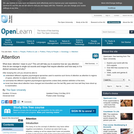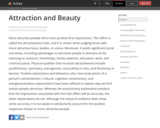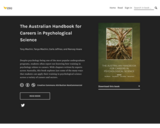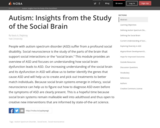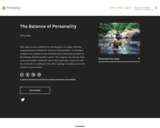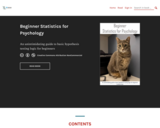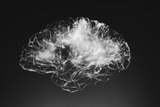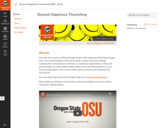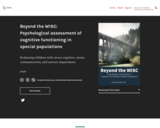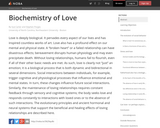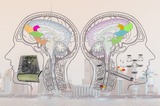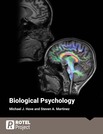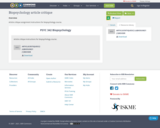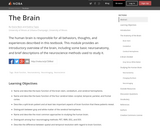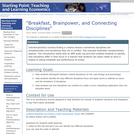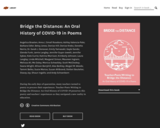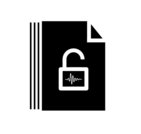Short Description:
During the shooting of The Jungle Prescription we filmed hours of fascinating encounters with some the world´s most knowledgeable ayahuasca minds. Only a small fraction of the rich material we amassed on the subject made to the final film.Now for the first time, the full transcripts of some of these encounters have been made available to the public exclusively through this book.
Long Description:
This book stems from the collected transcripts of what is now a fifteen-year inquiry into the implications of ayahuasca in the realms of Western culture and modern medicine.
ABOUT THE FILM
Amid the giant ferns and hummingbirds of the Peruvian jungle stands Takiwasi, a treatment center where ancient Amazonian medicines are being used to detox Western drug addicts. The man who runs it is Dr. Jacques Mabit, a French M.D. who has spent decades working hand-in-hand with curanderos, Amazonian traditional doctors. At the center of his practice is a brew called ayahuasca, Quechua for ‘vine of the souls’.
Far away, in the worst drug ghetto in North America, the most recognized specialist in addiction is at the end of his rope. Dr. Gabor Maté has spent a frustrating decade dealing with substance abuse and a failed medical system, one that treats addiction as a choice rather than a result. He hears of ayahuasca, which, they say, can do in one night what may take years of traditional therapy. Dr. Maté is intrigued by this plant remedy and its potential.
We follow Maté as he visits Jacques Mabit in the Amazon, as well as the leading scientists testing what ayahuasca actually does in the brain. Inspired, he returns home to create an underground treatment program. Working with a band of talented facilitators, using the techniques of ayahuasca shamanism, Mate’s immersive psychotherapy program finds new dimensions.
The film is a conversation about medicine and healing, at the unlikely frontier where people are working to bridge the gap between the secrets of the deep Amazonian forest and the fractured modern world.
ABOUT THIS BOOK
During the process of realizing this project, we recorded hours of fascinating conversations, featuring some of the most knowledgeable minds in the world of ayahuasca, discussing the plant and its possibility. Only a small fraction of the rich material we amassed made to the film.
Now for the first time, we present a carefully selected offering of these encounters – made available exclusively through this book.
Word Count: 62635
(Note: This resource's metadata has been created automatically as part of a bulk import process by reformatting and/or combining the information that the author initially provided. As a result, there may be errors in formatting.)
